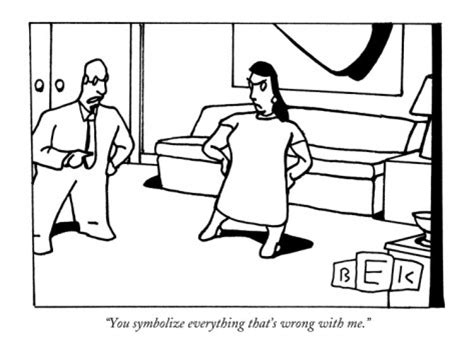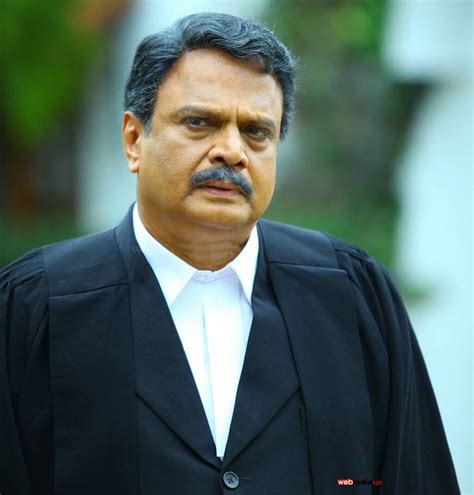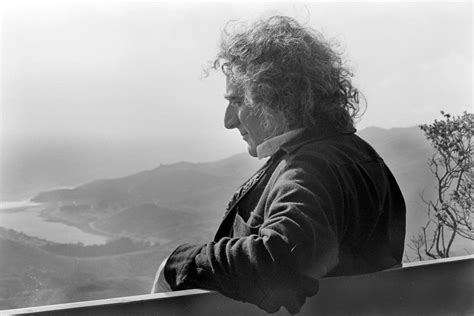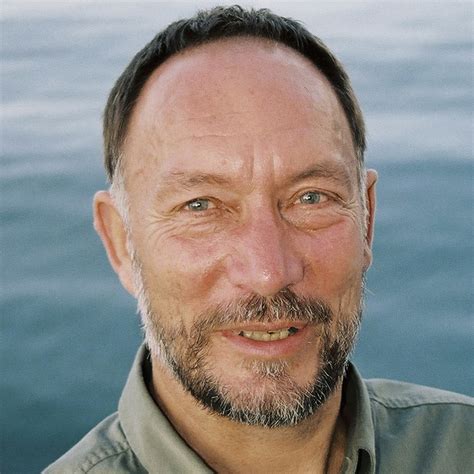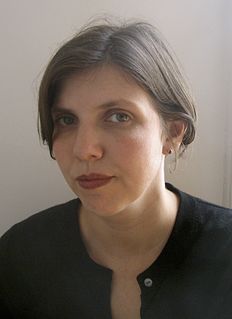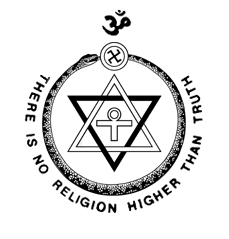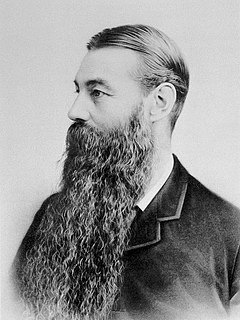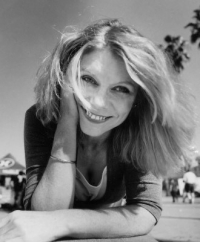Top 1200 Altered States Of Consciousness Quotes & Sayings - Page 3
Explore popular Altered States Of Consciousness quotes.
Last updated on April 21, 2025.
Now consciousness, what is consciousness? Consciousness is being aware of one's surroundings, recognizing the existence, truth or fact of something; being aware of the very moment, the very instant that you are in; being aware of how you affect the human social, political, and natural ecology you are a part of and how it affects you. Consciousness is being informed and instructed through your groups peculiar culture on the effects of the varied ecologies on your immediate and distant ancestors, and to be aware of their interpretation of that experience.
I believe consciousness is non-local and a big part of what we experience with near death and past lives. It's the consciousness that has come into us from other experiences and our consciousness that we remain aware of when we leave our bodies and they communicate with us through dreams, and even through drawings which I do a lot of work with myself.
If we think about folk forms, they belong to disenfranchised people, people who have not been allowed access to the poetry of literature or the leisure time that comes with the pursuit of poetry. Instead, this is ceremony. This is a highly charged way to create a sacred space that isn't necessarily about God, but is about human experience at its most profound levels - whether that's love or grief, separation, or homeland. All are altered states.
The basis and firm groundwork of the material, and its primary contribution, lies in the concept that consciousness itself indeed creates matter, that consciousness is not imprisoned by matter but forms it, and that consciousness is not limited or bound by time or space; time and space in your terms being necessary distortions, or adopted conditions, forming a strata for physical existence.
Every human being has consciousness, but not every human being has the same amount. The potential for each one of us human beings is infinite consciousness. This is called supreme enlightenment, and it just needs unfolding by transcending each day. The more consciousness we have, the better life is.
What if consciousness is the ground of being? What if the possibilities discovered by quantum physics are the possibilities of consciousness itself? Remember there is already a class of people who think in this way. They are called mystics, and they say it is all God. Finally, a few scientists dared to say that some of the characteristics attributed to God are similar to what we describe as consciousness.
Consciousness... does not appear to itself chopped up in bits. Such words as 'chain' or 'train' do not describe it fitly as it presents itself in the first instance. It is nothing jointed; it flows. A 'river' or a 'stream' are the metaphors by which it is most naturally described. In talking of it hereafter, let us call it the stream of thought, of consciousness, or of subjective life. Source of the expression 'stream of consciousness'.
Samadhi is the journey from individual to collective consciousness. The steps of Samadhi are the steps towards reaching the collective consciousness. In meditation, the more we radiate love, compassion, peace, harmony and tranquility, the more is our contribution towards the collective consciousness. The more we positively contribute towards the collective consciousness the more is our progress in Samadhi.
There can be no more intimate and elemental part of the individual than his or her own consciousness. At the deepest level, our consciousness is what we are - to the extent that if we are not sovereign over our own consciousness then we cannot in any meaningful sense be sovereign over anything else either.
There exists a mountain of circumstantial evidence that consciousness survives bodily death. This is the kind of evidence that would stand up in a court of law. Some people believe that science needs better tools to quantify what consciousness is. Perhaps when we discover what consciousness is we will be on the road to providing absolute scientific evidence that there is life after death.
One can study what exists and how consciousness functions; but one cannot analyze (or “prove”) existence as such, or consciousness as such. These are irreducible primaries. (An attempt to “prove” them is self-contradict ory: it is an attempt to “prove” existence by means of nonexistence, and consciousness by means of unconsciousness .)
We live in a society that will send us to prison if we make use of time-honored sacred plants to explore our own consciousness. Yet surely the exploration and expansion of the miracle of our consciousness is the essence of what it is to be human? By demonstrating and persecuting whole areas of consciousness, we may be denying ourselves the next vital step in our own evolution.
I consider morals and aesthetics one and the same, for they cover only one impulse, one drive inherent in our consciousness - to bring our life and all our actions into a satisfactory relationship with the events of the world as our consciousness wants it to be, in harmony with our life and according to the laws of consciousness itself.
Now here is a key: you want to make it real and present in the realm of your consciousness. You don't say "I'm going to do such and such" - it already has happened. Now, is consciousness real? It exists and it is very powerful. The idea is to have this mesh between your consciousness - your visualization - and the so-called material world.
The student should bear in mind that the very essence of consciousness is constantly to identify itself with the Not-Self, and as constantly to re-assert itself by rejecting the Not-Self. Consciousness, in fact, consists of this alternating assertion and negation - "I am this" - "I am not this." Hence consciousness is, and causes in matter, the attracting and repelling that we call a vibration.
Consciousness will always be present, though a particular
consciousness may cease. For example, the particular tactile
consciousness that is present within this human body will cease when
the body comes to an end. Likewise, consciousnesses that are
influenced by ignorance, by anger or by attachment, these too will
cease. But the basic, ultimate, innermost subtle consciousness will
always remain. It has no beginning, and it will have not end.
We need Goddess consciousness to reveal earth's holiness. Divine feminine imagery opens up the notion that the earth is the body of the Divine, and when that happens, the Divine cannot be contained solely in a book, church, dogma, liturgy, theological system, or transcendent spirituality. The earth is no longer a mere backdrop until we get to heaven, something secondary and expendable. Mater becomes inspirited; it breathes divinity. Earth comes alive and sacred. And we find ourselves alive in the midst of her and forever altered.

